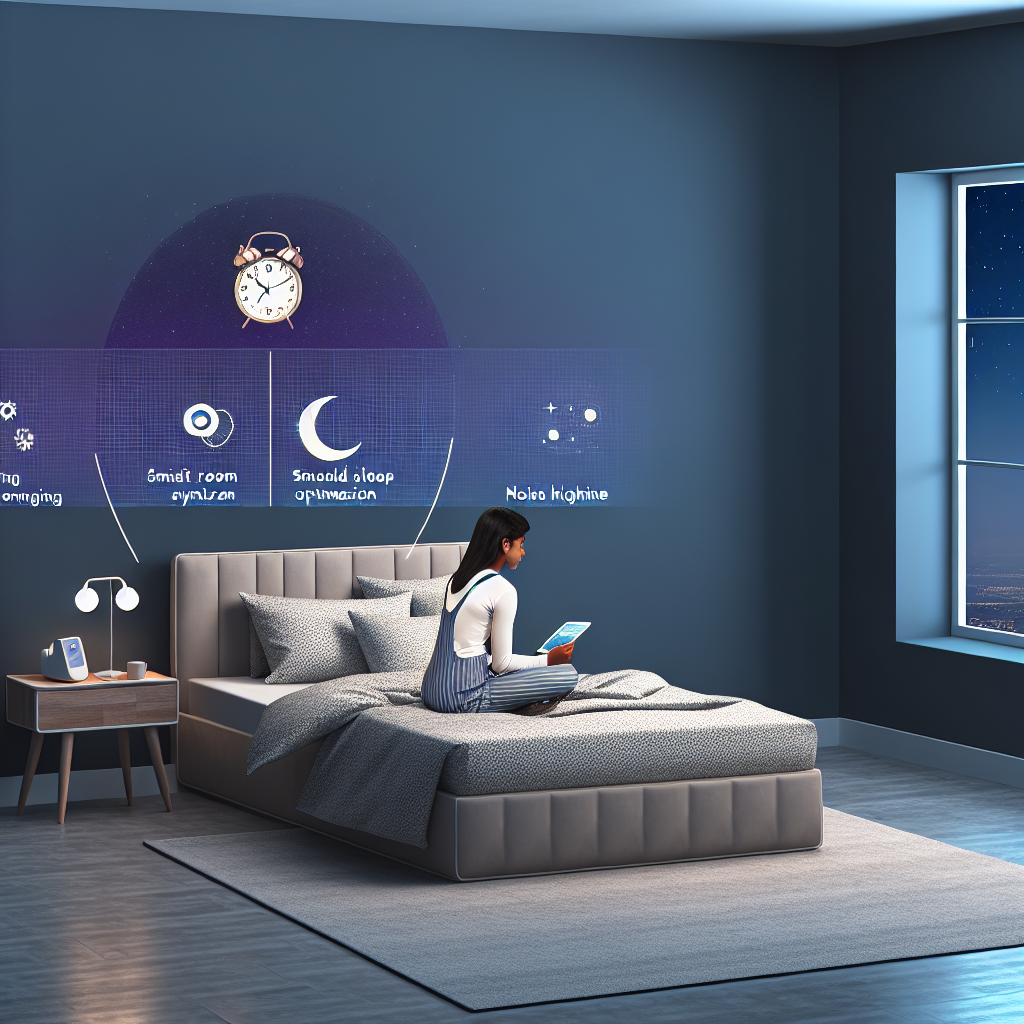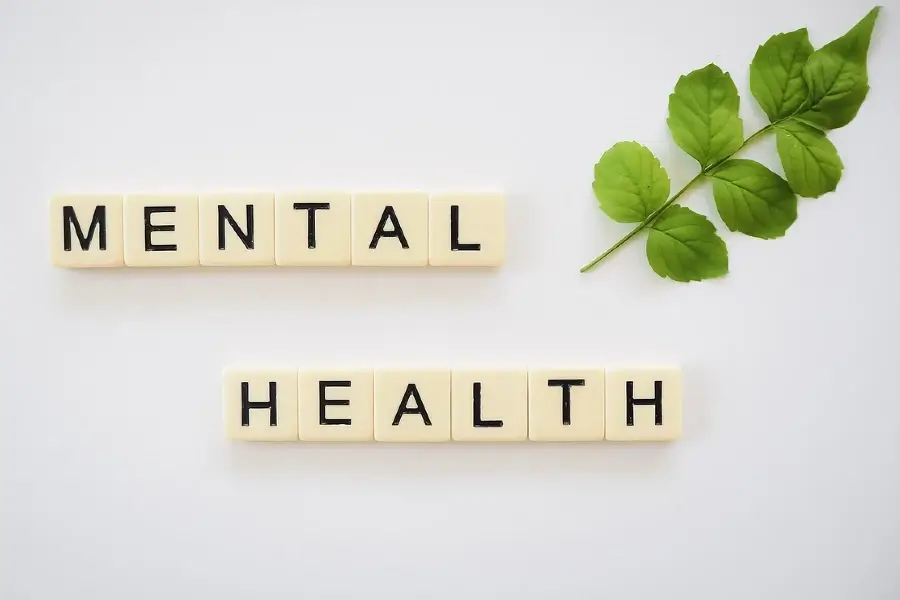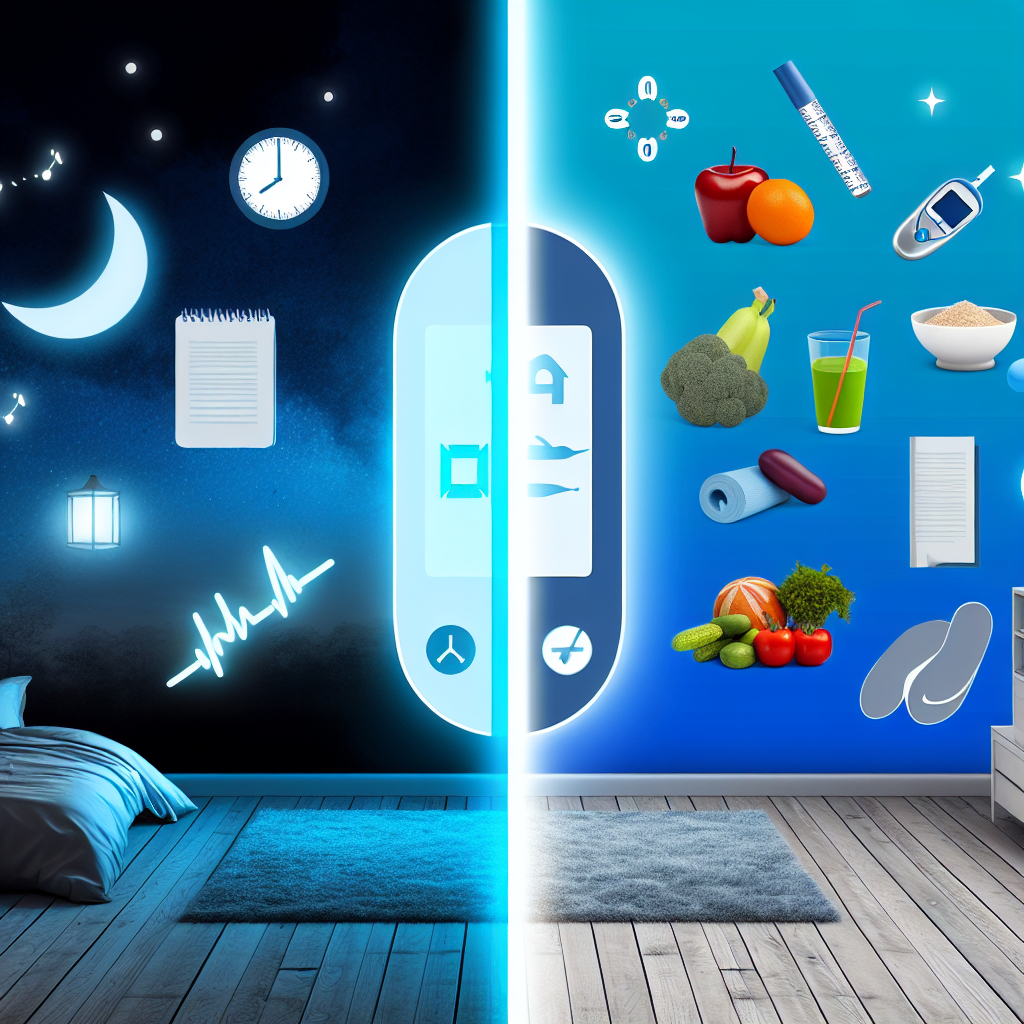Teen Sleep Optimization in the Digital Age
Introduction: The Impact of Digital Overload on Teen Sleep
In today’s fast-paced, technology-driven world, sleep deprivation among teenagers has become a growing concern. The increased screen exposure from smartphones, tablets, and computers has significantly altered the natural sleep-wake cycle of adolescents. Unlike previous generations, today’s teens are inundated with digital distractions, ranging from social media notifications to late-night gaming sessions, that keep their brains stimulated well past bedtime. According to the American Academy of Sleep Medicine, teenagers require 8-10 hours of sleep per night for optimal health, yet studies reveal that most teens are not getting enough rest.
Sleep is vital for cognitive function, emotional regulation, and physical health. Lack of adequate sleep affects memory retention, focus, and learning capacity—key components necessary for academic success. Furthermore, chronic sleep deprivation is linked to increased risks of anxiety, depression, obesity, and even weakened immune function. The blue light emitted from screens suppresses the production of melatonin, a hormone responsible for regulating the sleep cycle, which makes it more difficult for teens to fall asleep and stay asleep.
Beyond the biological impact, behavioral patterns also contribute to sleep issues. Many teens stay up late scrolling through social media feeds or engaging in digital communication, which delays bedtime and disrupts sleep patterns. With schools starting early in the morning, this lack of sleep leads to daytime sleepiness, reduced attention spans, and impaired decision-making. The effects extend beyond academics, affecting mood stability and overall well-being.
Despite these challenges, there are several ways to help teens optimize their sleep while balancing their digital lives. Implementing consistent sleep hygiene habits, creating a technology-free bedtime routine, and understanding the science of sleep can significantly improve sleep quality. Parents, educators, and healthcare professionals must work together to educate teenagers on the importance of sleep and provide strategies to help them develop healthier habits.
This article explores the effects of digital exposure on teenage sleep patterns, highlights relevant medical research, and offers practical, science-backed strategies to optimize sleep in the digital age.
Science Speaks: What Research Says About Screens and Sleep
Medical research consistently highlights the strong connection between sleep deprivation and excessive screen use among adolescents. Studies have demonstrated that exposure to artificial blue light emitted by digital devices interferes with melatonin production, resulting in delayed sleep onset and reduced total sleep duration.
A 2019 study published in JAMA Pediatrics examined screen time and sleep disturbances in teenagers. The study analyzed data from over 80,000 adolescents and found that increased screen exposure, especially before bedtime, was strongly associated with shorter sleep duration and poor sleep quality (JAMA Pediatrics). The researchers emphasized the importance of limiting screen time, particularly within one hour of bedtime, to improve sleep health.
Another study conducted by Harvard Medical School found that blue light exposure can delay melatonin production by up to 90 minutes, significantly shifting the body’s circadian rhythm (Harvard Health). The study recommended reducing digital device usage before sleep and using night mode settings that minimize blue light exposure for better sleep regulation.
Additionally, the National Sleep Foundation conducted a survey that revealed 72% of teenagers use electronic devices in bed, contributing to fragmented sleep patterns and increasing the likelihood of daytime grogginess (National Sleep Foundation). Researchers stress the need for structured sleep schedules and minimizing in-bed screen use to prevent sleep disturbances.
Moreover, a longitudinal study from Sleep Health Journal found that adolescents who followed a digital curfew (turning off screens at least 30-60 minutes before bed) experienced better sleep efficiency and fewer wake-ups during the night (Sleep Health Journal). These findings underscore the critical role of screen management in promoting healthy sleep habits among teens.
The physiological impacts of insufficient sleep extend beyond tiredness. A 2020 study from the Journal of Clinical Sleep Medicine confirmed that persistent sleep deprivation in teens leads to cognitive decline, increased stress hormone levels, and higher risks of mental health conditions such as anxiety and depression (Journal of Clinical Sleep Medicine).
Sleep Hacks: Effective Strategies to Improve Teen Sleep
To mitigate the negative effects of digital overuse and improve sleep quality, teens can implement the following strategies:
1. Establish a Digital Curfew
Limiting screen time at least 30-60 minutes before bed can help the body regulate its natural sleep cycle. Using apps that track and control screen time can reinforce this habit.
2. Use Blue Light Filters
Many devices offer blue light-reducing settings, such as “Night Shift” (Apple) or “Night Mode” (Android), which reduce the disruptive effects of blue light exposure. Wearing blue light-blocking glasses in the evening can also help.
3. Maintain a Consistent Sleep Schedule
Going to bed and waking up at the same time every day, even on weekends, helps regulate the body’s internal clock, making it easier to fall asleep and wake up feeling refreshed.
4. Create a Relaxing Bedtime Routine
Reading a book, meditating, or engaging in deep breathing exercises before bed promotes relaxation and signals to the brain that it is time to sleep.
5. Keep Screens Out of the Bedroom
Removing digital devices from the sleep environment prevents late-night scrolling and promotes better engagement in pre-sleep relaxation. Charging phones outside the bedroom can minimize distractions.
6. Encourage Physical Activity
Regular exercise during the day can improve sleep quality while also reducing stress. However, it’s important to avoid vigorous exercise close to bedtime.
7. Optimize the Sleep Environment
A dark, quiet, and cool sleep environment improves sleep efficiency. Using blackout curtains and white noise machines can enhance sleep quality.
The Final Word: Prioritizing Sleep in a Digital Era
Teenagers today face significant challenges in maintaining healthy sleep habits due to their extensive use of digital devices. Scientific research has firmly established the negative impact of blue light exposure on sleep, highlighting the importance of setting boundaries around technology use. Sleep is vital for academic success, emotional well-being, and physical health, yet many teens struggle to achieve the recommended sleep duration.
By adopting practical strategies such as implementing a digital curfew, maintaining a consistent sleep schedule, and creating a sleep-friendly environment, teens can improve their sleep quality and overall health. Parents and educators should actively support awareness efforts about the dangers of insufficient sleep and encourage lifestyle changes that promote restfulness.
In a digital age where screens are an unavoidable part of daily life, sleep optimization must be a priority. Through education, effective sleep hygiene habits, and mindful technology use, teens can reclaim their rest and enhance their overall well-being.
References
– JAMA Pediatrics
– Harvard Health
– National Sleep Foundation
– Sleep Health Journal
– Journal of Clinical Sleep Medicine
Summary:
The article explores the significant impact of digital overload on teenage sleep patterns in the modern era. It highlights the strong connection between excessive screen time, disrupted sleep, and negative health consequences, including cognitive decline, emotional problems, and physical issues. The article presents practical, science-backed strategies for teens to optimize their sleep, such as establishing a digital curfew, using blue light filters, maintaining a consistent sleep schedule, and creating a relaxing bedtime routine. By prioritizing sleep in a technology-driven world, teens can enhance their overall well-being and academic success.

Dominic E. is a passionate filmmaker navigating the exciting intersection of art and science. By day, he delves into the complexities of the human body as a full-time medical writer, meticulously translating intricate medical concepts into accessible and engaging narratives. By night, he explores the boundless realm of cinematic storytelling, crafting narratives that evoke emotion and challenge perspectives.
Film Student and Full-time Medical Writer for ContentVendor.com




